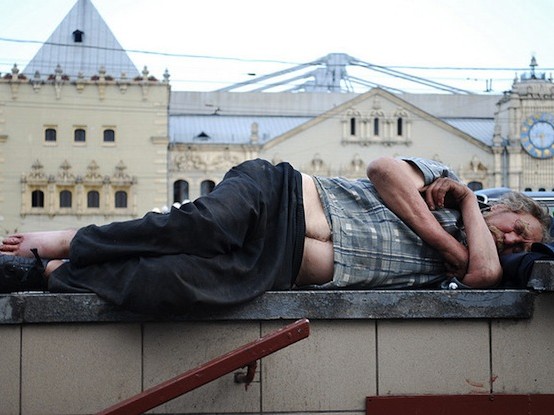
FROM MY FILES FRIDAY: When my son became ill, I thought about who I knew with clout who could help us. Legendary newsman Mike Wallace, who struggled with his own mental illness, immediately responded.
HOW NEWS ICON MIKE WALLACE HELPED MY SON 4/11/2012 USA TODAY
CBS newsman Mike Wallace might be remembered by most as a bare-knuckles broadcast journalist renowned for his tough interviews with the powerful, famous and rich, and a pioneer of the surprise “ambush” interview. But it is an incredible act of kindness to my family that I will always recall.
We didn’t start off as friends.






